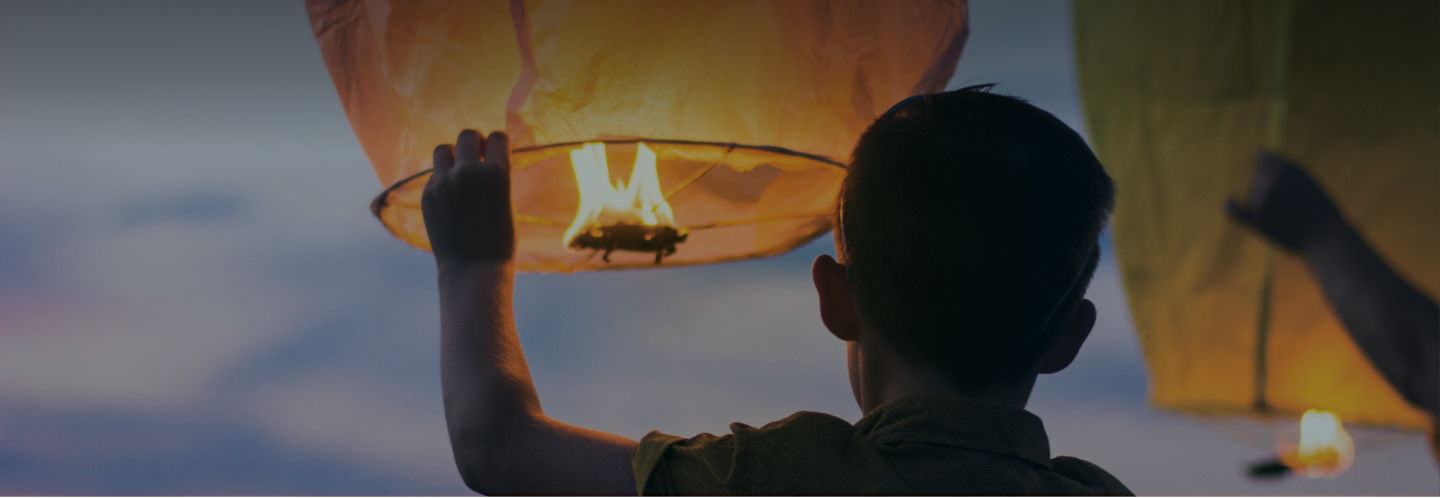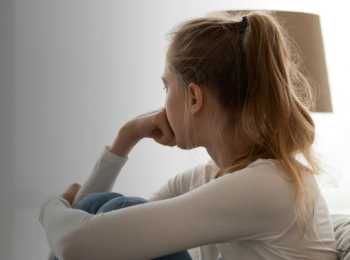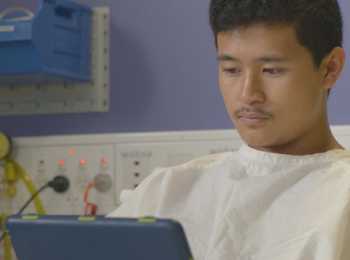Even though cancer can make you feel quite sick, staying as healthy as you can while being treated will help your body recover from the treatments and give you the best chance of coping with it all.
Eating well
There will be times during your treatment when you don’t feel like eating. But a good diet is important. Food is the fuel your body needs to keep it running – and you need extra fuel during cancer treatment.
Speak to the hospital dietitian for advice on what foods you should eat.
Cancer Council has more information about eating well after a cancer diagnosis. Visit cancercouncil.com.au and search for ‘eating well’.
Physical activity
Cancer and cancer treatment can make getting out of bed or off the lounge feel like a massive achievement. Exercise is probably the last thing you feel like doing. But physical activity is good for your body and your mind.
Exercise can help:
- heal your tissues and organs that have been damaged by treatment
- give you more energy
- you have a better night’s sleep
- manage your weight better – especially if you are on steroids
- keep your bones strong – some treatments can reduce your bone density, making them easier to break
- you cope with the stress of cancer and its treatment
- feel better about yourself
Before starting any exercise program check with your GP or treating healthcare team about any precautions you should take.
Infections
Some cancer treatments, such as chemo, can reduce your immunity and increase your risk of picking up infections. A simple infection can quickly become serious when your immunity is down.
To lower your chances of getting an infection you should:
- stay away from people who are sick – even if it’s just a cold or flu
- ask friends and relatives to tell you if they are sick or have been in contact with someone who is
- wash your hands often and well
- consider wearing a surgical face mask if going out
- make sure your food has been washed and cooked properly
- use sterile procedures when you clean your central lines
- call your doctor straight away if you develop a temperature of 38°C or higher or other symptoms like chills or shivering, sore throat, rash, earache or upset stomach.
Get enough sleep
Some cancer treatments (or just being in a hospital!) can affect your normal sleep patterns. And many people get insomnia – difficulty getting to sleep or staying asleep – when they are worried about something.
Even though you may feel very tired a lot of the time, many people with cancer find it hard to sleep. You may toss and turn due to stress and worry, or feeling uncomfortable. Pain, fevers, coughing, nausea and treatment drugs might also affect your sleep. It often doesn’t help if you are in hospital and away from your own bed.
Not getting enough sleep can affect your mood and ability to concentrate and can make the stress of cancer even harder to deal with.
A good night’s sleep will make a lot of difference. The number of hours needed depends on your age. Teenagers and young adults may need at least 9 hours because they’re growing.
ReachOut has great tips on how to sleep well. Visit au.reachout.com and search for ‘sleep issues’.
Drugs and alcohol
Drugs and alcohol don’t mix well with cancer. To give your body the best chance to deal with the cancer, it is important to be straight up with your treatment team about what drugs you may be using or have used in the past. This includes illegal drugs (such as cannabis, cocaine or ecstasy), and legal drugs (alcohol, cigarettes and e-cigarettes).
Cancer and its treatment can impact how your body feels – your energy levels might be down and you may struggle to fight off infections. Drugs and alcohol will only make this harder.
They can:
- make chemo, radiation therapy or other treatments not work as well
- increase the impact of side effects
- increase your chances of getting things like chest infections and other respiratory (breathing) problems
- result in other infections, especially if you are injecting or sharing needles
- affect your mood and behaviour, making it harder to deal with the physical and emotional challenges of cancer.
If you are using legal and/or illegal drugs, it is important to talk to your treating healthcare team about how to use these as safely and carefully as possible.
Help and support is available to you, so reach out as often as you need. Canteen is always here for you – you can contact a counsellor online at canteenconnect.org.


















